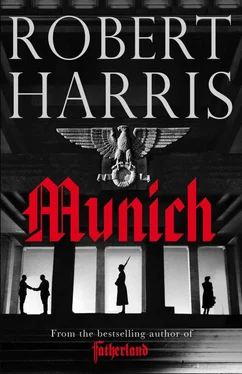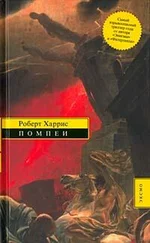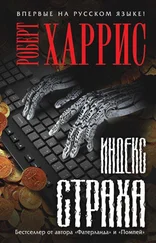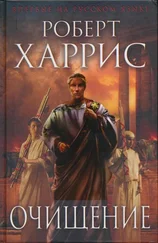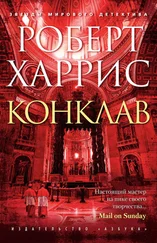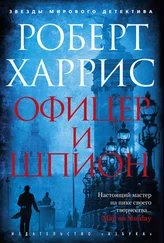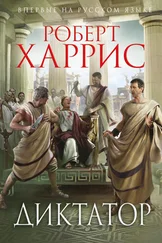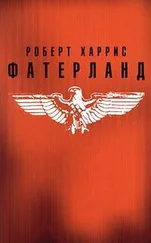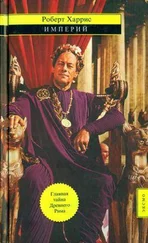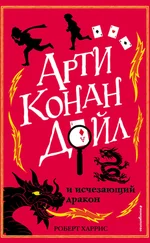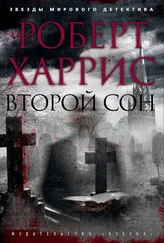Hartmann thought it was like watching an unarmed passer-by trying to persuade a madman to hand over his gun.
‘So it will be war after all.’
He returned the document to Kordt who locked it back in his briefcase.
‘That appears to be the case. Half an hour after the meeting ended —’ Kordt nodded towards the armoured column — ‘the Führer ordered this. It’s no accident it’s driving straight past the British Embassy.’
The noise of the engines split the warm air. Hartmann could taste the dust and the sweetness of the fuel on his tongue. He had to shout over the noise. ‘Who are they? Where are they from?’
‘Witzleben’s men from the Berlin garrison, heading to the Czech frontier.’
Behind his back Hartmann clenched his fist. At last! He felt a rush of anticipation. ‘So now, you must agree, there is no alternative, yes? We must act?’
Kordt nodded slowly. ‘I feel like I’m going to be sick.’ Suddenly he put a warning hand on Hartmann’s arm. A policeman was walking towards them, his truncheon drawn.
‘Gentlemen! Good afternoon! The Führer is on the balcony.’ He gestured with his truncheon further along the street. His manner was respectful, encouraging. He was not telling them what to do, merely alerting them to an historic opportunity.
Kordt said, ‘Thank you, officer.’
The two diplomats stepped back into the street.
The Reich Chancellery stood next to the Foreign Ministry. Across the road, in Wilhelmplatz, a small crowd had gathered in the broad expanse of the square. This was unquestionably a Party claque; some even wore swastika armbands. From time to time, a ragged shout of ‘ Heil! ’ went up, and arms were raised in salute. The men in the armoured column swivelled their heads eyes right, and saluted. Young men mostly — far younger than Hartmann. He was close enough to see their expressions: amazement, wonder, pride. Beyond the high black iron railings of the Reich Chancellery was a courtyard; above the main entrance to the building, a balcony; on the balcony the unmistakable lone figure — brown jacket, brown cap, left hand clutching the buckle of his black belt, the right arm occasionally flashing out, robotic in its absolute steadiness: palm flat, fingers extended. He couldn’t have been more than fifty metres away.
Kordt saluted and muttered, ‘ Heil Hitler. ’ Hartmann did the same.
Once it was past the Chancellery, the column accelerated south towards Blücherplatz.
Hartmann said, ‘How many people would you say have turned out to watch?’
Kordt scanned the few groups of spectators. ‘I’d say no more than two hundred.’
‘He won’t like that.’
‘No, he won’t. For once I do believe the regime has made a mistake. The Führer was so flattered by Chamberlain’s visits, he let Goebbels tell the media to go to town. The German people thought they were going to get peace. Now they’re told they’re going to get war after all, and they don’t like it.’
‘So when are we going to act? Surely this has to be the time?’
‘Oster wants us to meet tonight. A new place: number nine Goethe Strasse, in Lichterfelde.’
‘Lichterfelde? Why does he want us to meet all the way out there?’
‘Who knows? Arrive as close to ten as you can. It’s going to be a busy evening.’
Kordt clasped Hartmann’s shoulder briefly then walked away. Hartmann stood for a while longer, his eyes trained on the figure on the balcony. Security was astonishingly light — a couple of policemen at the entrance to the courtyard, two SS men on the door. There would be more inside, but even so... Of course, once war was declared it would be a different matter. Then they would never get anywhere near him.
After a couple more minutes the figure on the balcony seemed to have had enough. He dropped his arm, peered up and down Wilhelmstrasse like the manager of a theatre appraising the disappointing size of the night’s audience, turned his back and stepped through the curtains into the Chancellery. The door closed.
Hartmann took off his hat and flattened his thinning hair, then pulled down the brim once more and walked back thoughtfully in the direction of his office.
At 6 p.m. precisely, the tolling of Big Ben carried into Number 10 through the open windows.
As if on cue, Miss Watson stood, collected her hat and coat, wished Legat a crisp ‘Good evening’ and left the office carrying one of the Prime Minister’s red dispatch boxes filled to the brim with her carefully annotated files. The recall of Parliament for an emergency debate on the Czech crisis had put an end to her leisurely summer. Legat knew she would now bicycle, as she always did, down Whitehall to the Palace of Westminster, leave her ancient machine in New Place Yard, and walk up a private staircase to the Prime Minister’s office, which lay across the corridor behind the Speaker’s chair. There she would meet Mr Chamberlain’s Parliamentary Private Secretary, Lord Dunglass, upon whom she had an obvious and unrequited crush, in order to discuss answers for PM’s written questions.
This was Legat’s chance.
He closed the door, sat at his desk, picked up the telephone and called the switchboard. He tried to make his tone casual. ‘Good evening. Legat here. Could you please put me through to this number: Victoria 7472?’
From the instant the meeting with the Chiefs of Staff had ended until that very moment, Legat had been fully occupied. Now at last he laid his notes down on the desk. Trained since childhood for the gladiatorial combat of the examination hall — school, scholarship, Oxford finals, Foreign Office entrance — he had written on one side of the paper only, to avoid smudging the ink. PM expressed concern at adequacy of home air defence... Quickly, he turned the foolscap sheets over, so that the blank side was uppermost. As ordered, he would destroy them. But not quite yet. Something was preventing him. He could not say precisely what — an odd sense of propriety, perhaps. All afternoon, as he had ferried in successive visitors to see the Prime Minister and compiled the documents the PM needed for his speech to Parliament, he had felt himself privy to the real truth. This was the information upon which government policy would be decided: one might almost say nothing else much mattered in comparison. Diplomacy, morality, law, obligation — what did these weigh in the scales against military strength? An RAF squadron, if he remembered correctly, consisted of twenty planes. So at high altitude there were only twenty modern fighters with working guns to defend the entire country.
‘Putting you through now, sir.’
There was a click as the connection was made, followed by the long double-purr of the number ringing. She answered far quicker than he had expected, and brightly: ‘Victoria 7472.’
‘Pamela, it’s me.’
‘Oh, hello, Hugh.’
She sounded surprised, and possibly also disappointed. He said, ‘Listen, I can’t speak for long, so please concentrate on what I’m about to say. I want you to pack a week’s worth of clothes and get the garage to drive you and the children to your parents’ right away.’
‘But it’s six o’clock.’
‘They’ll still be open.’
‘Why do we have to go in such a rush? What’s happened?’
‘Nothing. Nothing yet, anyway. I just want to know you’re somewhere safe.’
‘It sounds rather panicky. I hate people who panic.’
He tightened his grip on the receiver. ‘But I’m afraid people are going to panic, darling.’ He glanced at the door; someone was walking past; their footsteps seemed to stop. He lowered his voice but spoke with greater urgency. ‘By later tonight it may be very hard to get out of London. You need to go now, while the roads are still clear.’ She started to object. ‘Don’t argue with me, Pamela. Will you just, for once, do something I bloody well ask?’
Читать дальше
